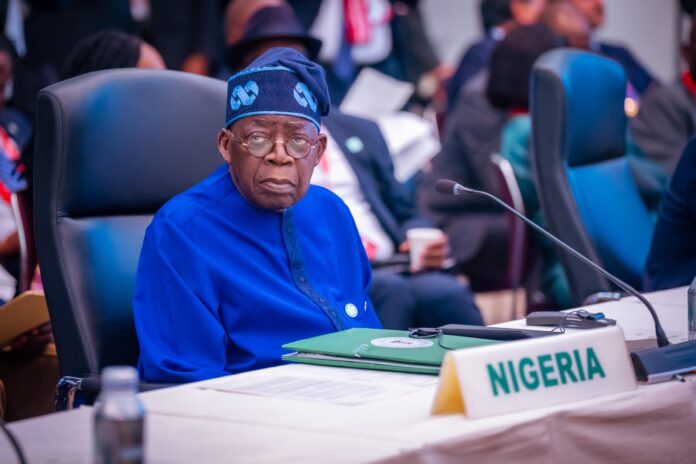The World Bank’s most recent assessment, which states that 139 million Nigerians live in poverty, has reignited a raw national discussion on data, policy, and political accountability.
The magnitude of the figure is terrifying, yet familiar in its consequences: millions of families fighting for food, electricity, and a constant income.
The report set off a defensive reaction from the presidency rather than a serious policy discussion, which rejected the headline figure while still interacting with the lender on financing.
That split reaction has revealed a more fundamental conflict between refusing unpleasant figures and facing the issues they point out.
The presidency questioned the World Bank’s methodology and claimed that global thresholds might misrepresent local realities. Officials said the study depended on old-fashioned surveys and models that ignore recent policy successes and unofficial economic activity.
Simultaneously, government ministers welcomed technical support and loans from the same multilateral organizations, thereby highlighting the irony of borrowing. Support, but do not treat the assessment seriously.
The New Chronicle observed that this is not only a technocratic fight. Political theater with serious repercussions. Originally underlining the necessity of improved data to inform governance, the slogan “Na Statistics We Go Chop” dominated sections of the 2023 campaign. Now the phrase has been turned against the presidency.
Critics claim that downplaying or amending official figures in earlier events by government officials destroys public trust and facilitates focused interventions that are difficult to develop and administer. Simply put, the unwillingness to own up to harsh figures might impede the delivery of assistance, alter budget priorities, and make the most underprivileged homes invisible.
Walked a middle line between economists and civil society players. Though models differ and data is flawed, they claim that does not justify wholesale rejection. Embracing strong, clear data enables improved targeting of social safety nets, more intelligent agricultural support, and more successful job creation initiatives.
Even modest changes in techniques infrequently remove the degree of agony revealed by several data sets. Whether the figure is 120 million or 139 million, tens of millions require immediate assistance and systemic changes for long-term resilience.
Beyond the headline numbers are realistic measures. Enhancing household surveys, developing national statistical capability, and working with universities and neighborhood organizations will help to lower ambiguity and establish legitimacy.
Policymakers should act fast to extend cash transfer programs, sponsored agricultural inputs, and community-based employment projects while guaranteeing that any World Bank aid is dependent on clear monitoring and independent assessments.
This episode ought to be a wake-up call politically. When statistics are changed to fit stories, the result is weaker institutions and worse results; data cannot be a selective cudgel. Leaders advocating data-driven governance during elections should now embrace the unsettling reality that good policy begins with recognizing the issue.
Alone, numbers bear no moral significance. The response of the government to them is what counts. The World Bank study presents a chance to move from rejection to action. Should the state opt to protect its citizens with credible data-driven policies instead of dismissing inconvenient facts, the slogan once used to condemn government might go on and on. Still turns into the rallying call for genuine change.



